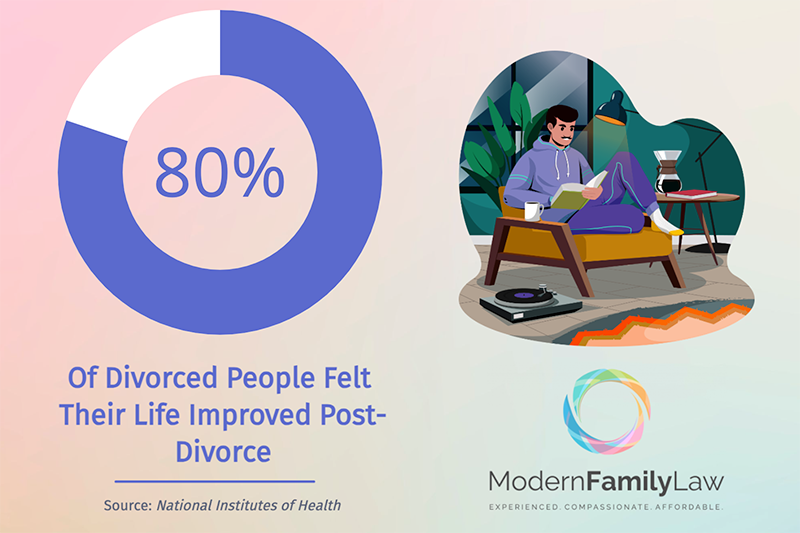Fostering Gratitude & Appreciation
Fostering gratitude and appreciation, especially in the challenging times following a divorce, can have profound effects on one’s mental and emotional well-being. The practice of gratitude, though it may seem difficult during a period of significant change and loss, has been shown to yield numerous benefits:
» Increase in Positive Emotions: Studies have confirmed that keeping a gratitude journal is linked to an increase in joy, enthusiasm, and a general feeling that life is improving. This practice encourages individuals to focus on positive aspects of their lives, helping to shift the perspective from loss to appreciation.
» Goal Achievement and Positive Outlook: Research conducted at the University of California Davis found that individuals who maintained a gratitude journal were more likely to achieve their goals and felt more positive about their lives compared to those who did not journal or focused on problems.
» Physical Health Benefits: Engaging in gratitude practices can have a positive effect on the parasympathetic nervous system, which regulates crucial bodily functions like heart rate and blood pressure. Grateful thoughts can increase the release of endorphins, enhancing overall well-being.
» Impact on Daily Life and Relationships: Regularly practicing gratitude can transform one’s daily life perspective. By focusing on the positives, individuals can find more fulfillment in their activities and relationships, leading to a happier life. This shift in focus can also positively impact children and even pets, as a more relaxed and appreciative environment is fostered.
These insights underscore the significant role that gratitude and appreciation can play in building resilience and strength post-divorce. They highlight the potential for transforming a challenging life event into an opportunity for personal growth and improved well-being.






